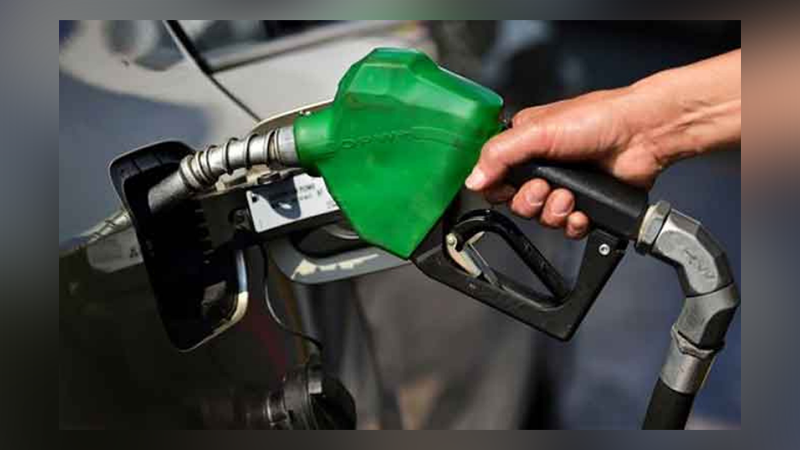A nationwide strike by petroleum dealers to protest federal budget taxes led to the closure of several petrol stations across Pakistan on Friday. However, major cities like Lahore and Karachi saw mixed responses, with many fuel pumps continuing operations despite the call for a shutdown.
The day-long strike, organised by the Pakistan Petroleum Dealers Association (PPDA), aimed to shut down around 13,000 fuel stations starting at 6 AM. The protest was sparked by the imposition of higher taxes in the federal budget, which dealers claim have made it increasingly difficult to sustain their businesses.
Karachi: partial compliance with the strike
In Karachi, the response to the strike was varied. While many stations closed their operations in the early hours, others remained open, particularly those located on major thoroughfares such as Rashid Minhas Road, University Road, and Shahrah-e-Faisal. This partial compliance minimised the impact on the city’s residents, who continued to access fuel without significant disruption.
Lahore: business as usual
In contrast, Lahore largely ignored the strike call. The Petroleum Dealers Association of Punjab announced their decision not to shut down fuel stations, despite unsuccessful negotiations with the government. This move ensured that the majority of Lahore’s petrol stations remained operational, providing relief to the city’s commuters.
Internal divisions within PPDA
The PPDA faced internal disagreements regarding the strike. Chairman Abdul Sami Khan had indicated the possibility of extending the strike beyond one day, reflecting the frustration among dealers over the high tax rates. However, PPDA General Secretary Khawaja Atif expressed dissent, stating, “We were not consulted about the strike. We will not advance this political agenda. Our support was conditional.”
A faction of the association’s leadership opted against participating in the strike, advocating for another round of negotiations with the government before considering more drastic measures.
Government’s response
The government’s response was to ensure the availability of fuel across the country. The Petroleum Division, in collaboration with the Oil and Gas Regulatory Authority (OGRA), issued directives to keep petrol stations open. OGRA spokesperson Imran Ghaznavi reassured the public, stating, “There is an adequate supply of petroleum products in the country.”
Despite these assurances, the midnight cessation of fuel supplies in Karachi and other regions caused inconvenience to the public, highlighting the tension between the petroleum dealers and the government.
Ongoing negotiations
The negotiations between the All Pakistan Petroleum Dealers Association and the government have yet to yield a resolution, resulting in a continued deadlock. The PPDA’s decision to call for the strike underscores the growing discontent within the industry over tax policies.
As discussions remain stalled, the potential for further strikes looms, posing a risk of extended disruptions in the fuel supply chain across Pakistan.
